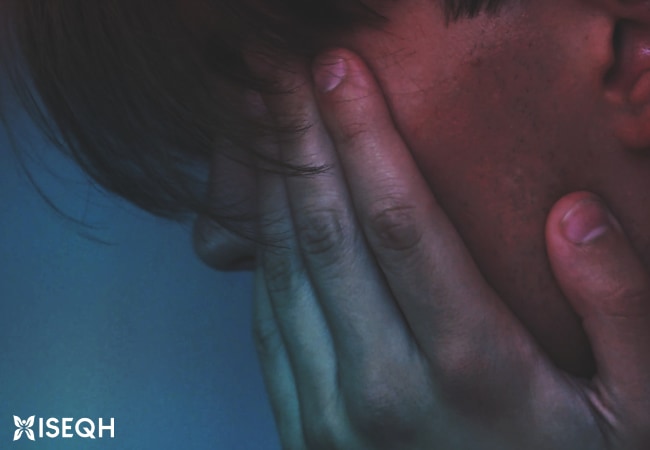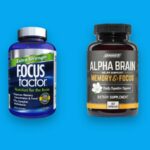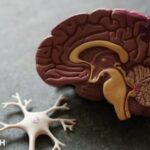
Table of Contents
Introduction
Nootropics, also known as “smart drugs,” have been the talk of the town in recent years. With the pressure to perform at work and in school, it’s no wonder why people are turning to these cognitive enhancers to boost their brain function. But with any new trend, there are always concerns and misconceptions. One of the most common questions is, “Can nootropics cause depression?”
In this article, we’ll separate the facts from fiction and shed some light on the relationship between nootropics and depression. We’ll explore the latest research, share some insights, and even throw in a little humour to make the topic more approachable. So please sit back, relax, and let’s dive into the world of nootropics and depression.
P.S.: Just a little joke to get started: Why did the nootropic go to the doctor? To get a brain checkup, of course!
Nootropics and Depression: What the Research Says
When it comes to the relationship between nootropics and depression, there is a lot of speculation and misinformation. But the truth is, the research on this topic is limited and inconclusive. While some nootropics have been shown to impact mood positively, others may have the opposite effect.
It’s important to note that individual results may vary, and some people may experience adverse side effects when taking certain nootropics. For example, some nootropics contain caffeine, which can increase anxiety and jitteriness in some people. On the other hand, others, like Aniracetam, have been shown to have a calming effect and improve mood.
However, it’s crucial to remember that nootropics do not cure depression or any other mental health condition. If you are experiencing symptoms of depression, it’s vital to seek professional help from a mental health expert. No matter how smart, taking a pill is not a substitute for seeking the proper support.
In terms of scientific evidence, there have been several studies on the effects of nootropics on mood and mental well-being. For example, a study published in the Journal of Clinical Psychopharmacology found that Bacopa Monnieri, a common nootropic, improved symptoms of anxiety and depression in patients with major depressive disorder. Another study published in the Journal of Psychopharmacology found that Phenylpiracetam, a stimulant nootropic, improved focus, motivation, and energy levels in healthy adults.
In conclusion, the relationship between nootropics and depression is complex and not fully understood. While some nootropics have been shown to impact mood positively, others may cause harmful side effects. Therefore, it’s essential to approach nootropics with caution and seek professional advice from a healthcare expert.
Nootropics and Mood: What You Need to Know
Nootropics have become increasingly popular to improve focus, motivation, and mental clarity in recent years. While some nootropics have been shown to impact mood positively, it’s crucial to understand how they work and the potential risks involved.
First and foremost, it’s essential to understand that nootropics are not a magic cure for depression or any other mental health condition. They can improve mental clarity and focus, but they should not be used as a substitute for professional help or medication prescribed by a doctor.
Regarding the effects of nootropics on mood, it’s essential to approach them cautiously. Some nootropics, like caffeine, can increase anxiety and jitteriness in some people. On the other hand, others, like Aniracetam, have been shown to have a calming effect and improve mood.
It’s also important to note that individual results may vary. Some people may experience adverse side effects when taking certain nootropics. For example, Phenylpiracetam, a stimulant nootropic, can cause nervousness, anxiety, and restlessness in some people.
To ensure you are getting the best results from nootropics, it’s essential to do your research and seek professional advice from a healthcare expert. They can help you determine the right nootropics and the appropriate dosage based on your unique needs and health history.
Conclusion
In conclusion, the relationship between nootropics and depression is complex and not fully understood. While some nootropics have been shown to impact mood positively, others may cause harmful side effects. Therefore, it’s essential to approach nootropics with caution and seek professional advice from a healthcare expert.
It’s also important to remember that nootropics are not a magic cure for depression or other mental health conditions. Instead, a healthy lifestyle, balanced diet, and exercise are crucial for maintaining good mental health.
In the end, we hope this article has shed some light on the relationship between nootropics and depression and helped you make an informed decision about whether nootropics are right for you.








